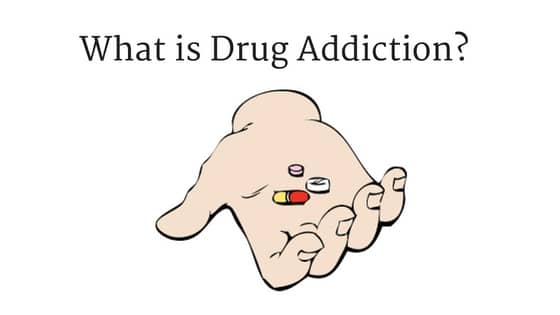
Drug addiction is a very serious brain disease characterized by compulsive drug seeking and use, despite harmful consequences to the drug addict and those around them.
Drug addiction begins with a voluntary act of taking drugs. As the drug addict does the drug more and more their ability to choose not to do so becomes compromised. The drug addict begins to compulsively take the drug. This is mostly due to the effects of long-term drug exposure on brain function. Addiction affects parts of the brain involved in reward and motivation, learning and memory, and control over behavior.
Yes, but it’s not easy. People can’t simply stop using drugs for a few days and be cured. People addicted to drugs need long-term and repeated care to stop using completely and begin to rebuild their lives.
Successful addiction treatment will help the person do the following:
Successful treatment has several steps:
A custom treatment program with follow-ups is crucial for success. Treatment should cover all of the patient’s needs. Follow-up treatment and relapse prevention are important. Community and family-based recovery support programs often are the best kinds of follow-up care.
How long does cocaine stay in your system – and why do some people test…
It’s a sweet, syrupy mixture that has been celebrated in rap music for decades. But…
Meaningful discussions of LGBTQ+ and addiction must address the unique challenges faced by members of…
Alcohol abuse can put a person at risk for a broad scope of serious health…
In certain circumstances, stimulants such as dextroamphetamine and Adderall can help a person experience improved…
SMART Recovery is an alternative to AA and NA for people who are looking for…
This website uses cookies.